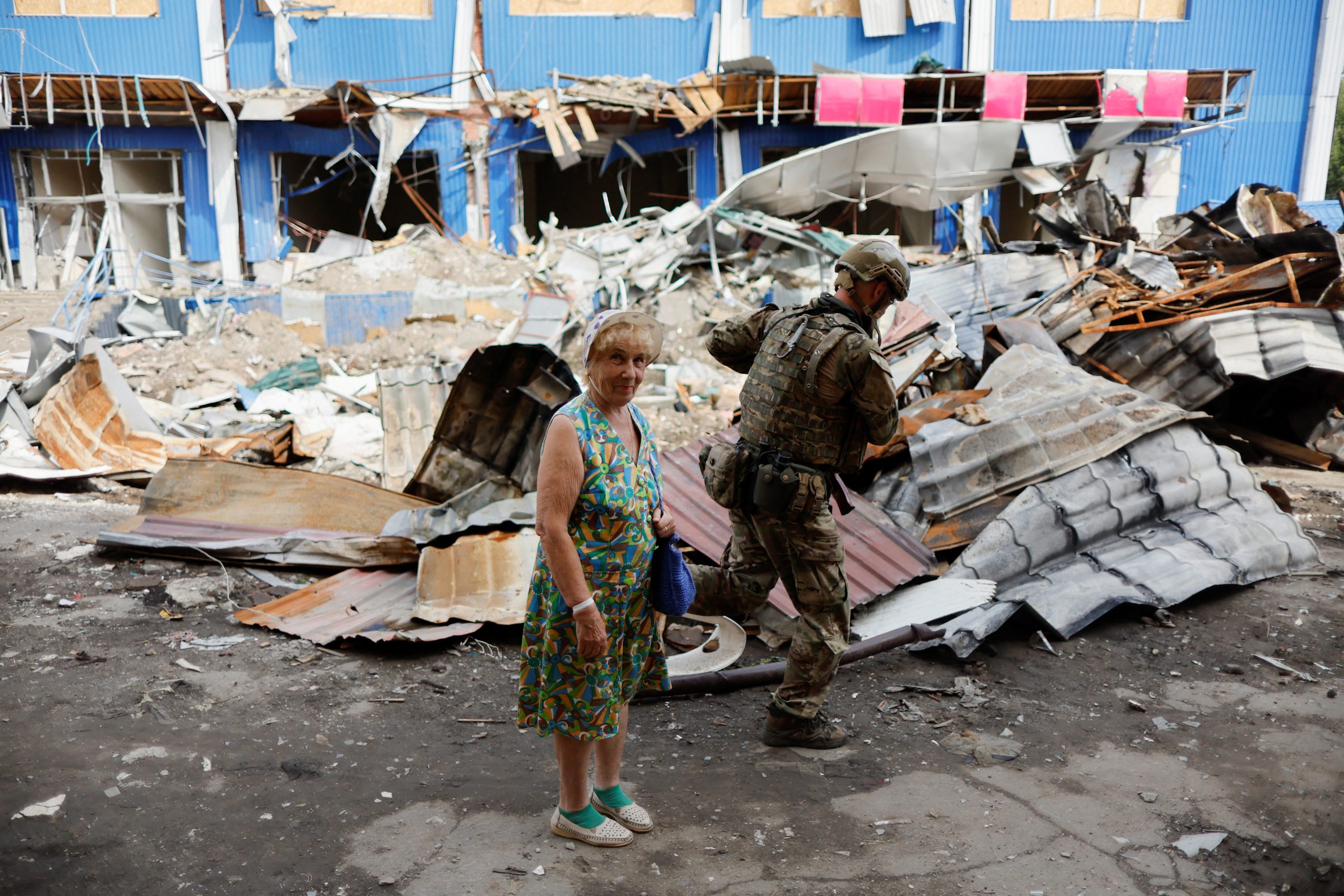
Lauren Moye, FISM News
[elfsight_social_share_buttons id=”1″]
The daughter of a Russian nationalist known for promoting the Russian invasion of Ukraine has died in a fiery car explosion that some believe was a failed assassination attempt on her father by pro-Ukrainian terrorists.
Darya Dugina, 29, was on the outskirts of Moscow at a festival with her father on Saturday night. When leaving, her car exploded in what the Moscow region Investigative Committee branch said was most likely a car bomb.
Her father, Alexander Dugina, is an outspoken Russian nationalist whose writings were formerly used to justify the annexation of the Crimea peninsula. Often referred to as “Putin’s brain,” he has since advocated for Russian troops to take full control of Ukraine.
While Darya often promoted her father’s views as the chief editor of United World International – for which the U.S. sanctioned her in March – authorities believe her father was the intended target. He chose to leave the festival in a different vehicle, witnesses reported to Russian media.
While the investigation has not revealed a specific suspect, some have blamed Ukraine for the car bomb. Ukraine has been under attack by Russia since Feb. 24.
Analyst Sergei Markov told the state-owned media RIA that “it’s completely obvious that the most probable suspects are Ukrainian military intelligence and the Ukrainian Security Service.”
The Donetsk People’s Republic, a separatist movement within Ukraine that supports Russia, said the attack was the work of “terrorists of the Ukrainian regime, trying to kill Alexander Dugin.”
Ukraine has denied involvement. Mykhailo Podolyak, an adviser to Ukrainian President Volodymyr Zelensky, stated on TV, “We are not a criminal state, unlike Russia, and definitely not a terrorist state.”
Zelensky fears violent attack ahead of Ukrainian Independence Day
Wednesday will mark 31 years of Ukrainian independence as well as the 6-month anniversary of the war.
Zelensky urged civilians to be vigilant ahead of the date. He said, “We must all be aware that this week Russia could try to do something particularly ugly, something particularly vicious.”
Kharkiv regional Governor Oleh Synehub announced through the Telegram messaging app that the second-largest city’s nightly curfew would be extended for all hours on Wednesday.
The war currently rests at a stalemate between the country, although Russia continues to shell multiple regions.
On Sunday, Russia announced a victorious strike against an ammunition depot containing U.S.-supplied HIMARS rockets. Five Russian Kalibr missiles were launched with two of them shot down over the sea.
Serhiy Bratchuk, an Odessa region spokesman, said the remaining three struck agricultural targets including a granary. No casualties came from these missiles.
Fighting also continued in Nikopol across from the Zaporizhzhia nuclear plant. Regional Governor Valentyn Reznichenko reported through Telegram that 25 artillery shells have struck the city overnight. This caused a fire and cut power to 3,000 residents.
Russia also struck the southern city of Mykolaiv with multiple S-300 missiles and made gains in the nearby village of Blahodatne, according to regional Governor Vitaliy Kim.
Russia claims hypersonic missile use
Earlier today, the Russian defense ministry claimed to have deployed hypersonic missiles three times in the war.
Defense Minister Sergei Shoigu said in an interview on the state-owned Rossiya 1, “We have deployed [Dagger] missiles three times during the special military operation. And three times it showed brilliant characteristics.”
The Kremlin justified the invasion as a “special military operation” designed to “denazify” Ukraine.
At their slowest, hypersonic missiles travel at Mach 5 or greater. Their fast rate of speed makes missile launches difficult to detect and with little time to react.
Russia first claims to have used a hypersonic missile roughly one month into the war to hit a large weapons depot in Ukraine’s western Ivano-Frankivsk region.
Russian President Vladimir Putin announced that naval forces would be equipped with the even faster Zircon hypersonic missiles soon.
